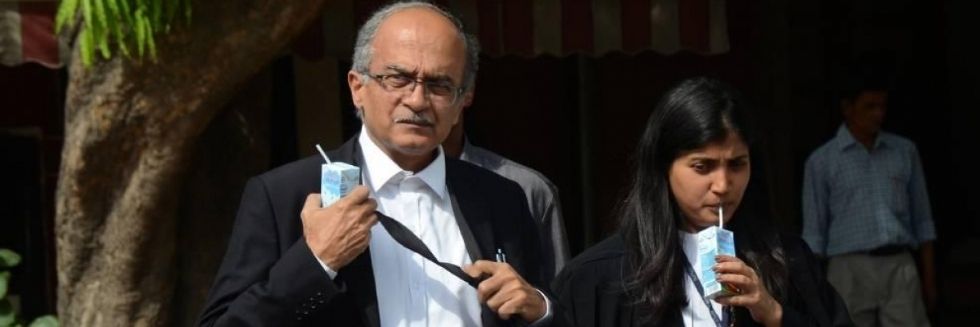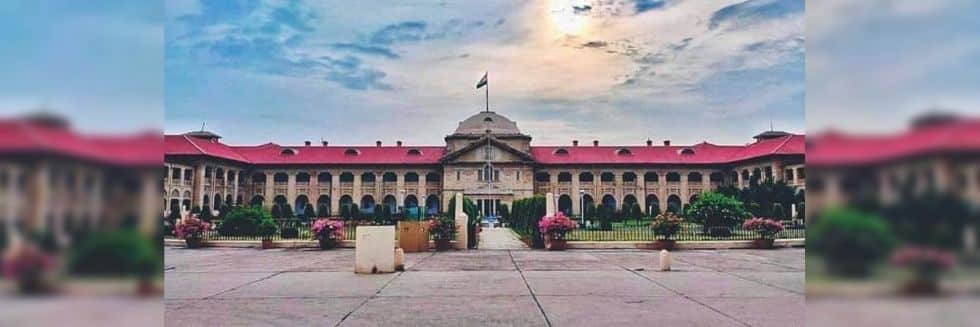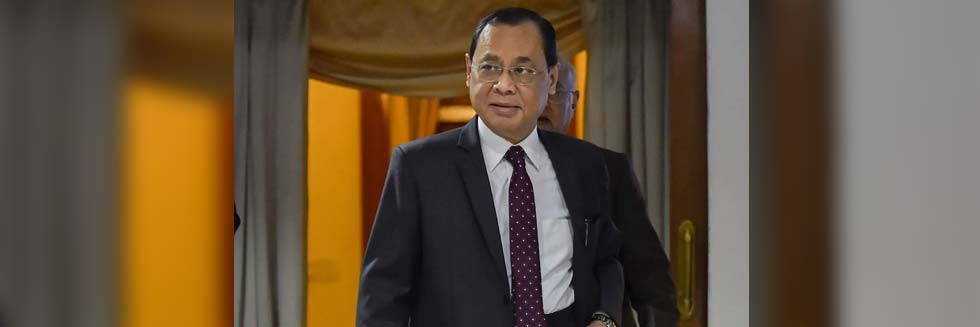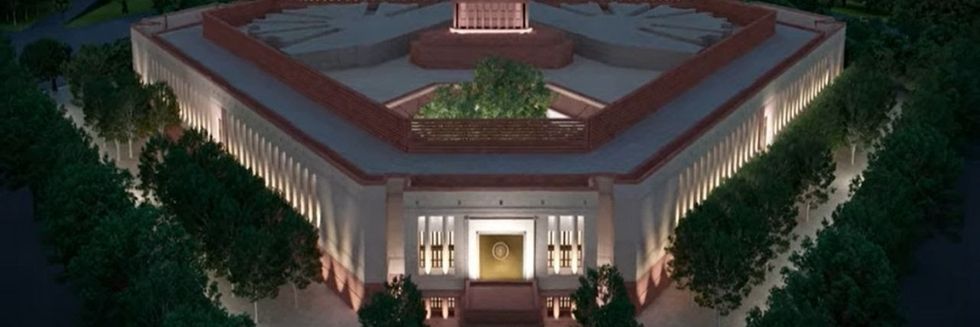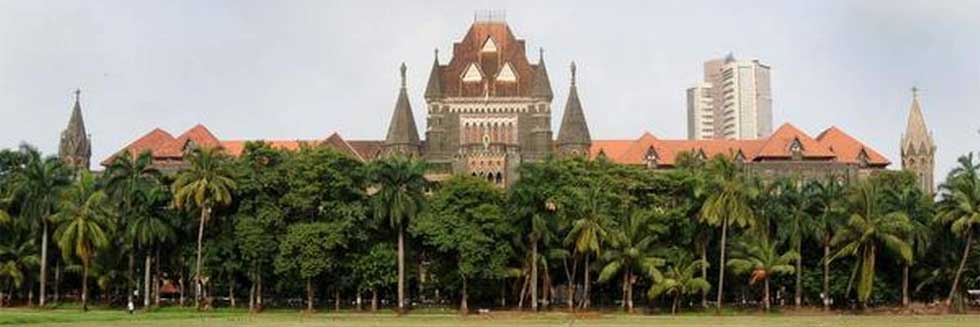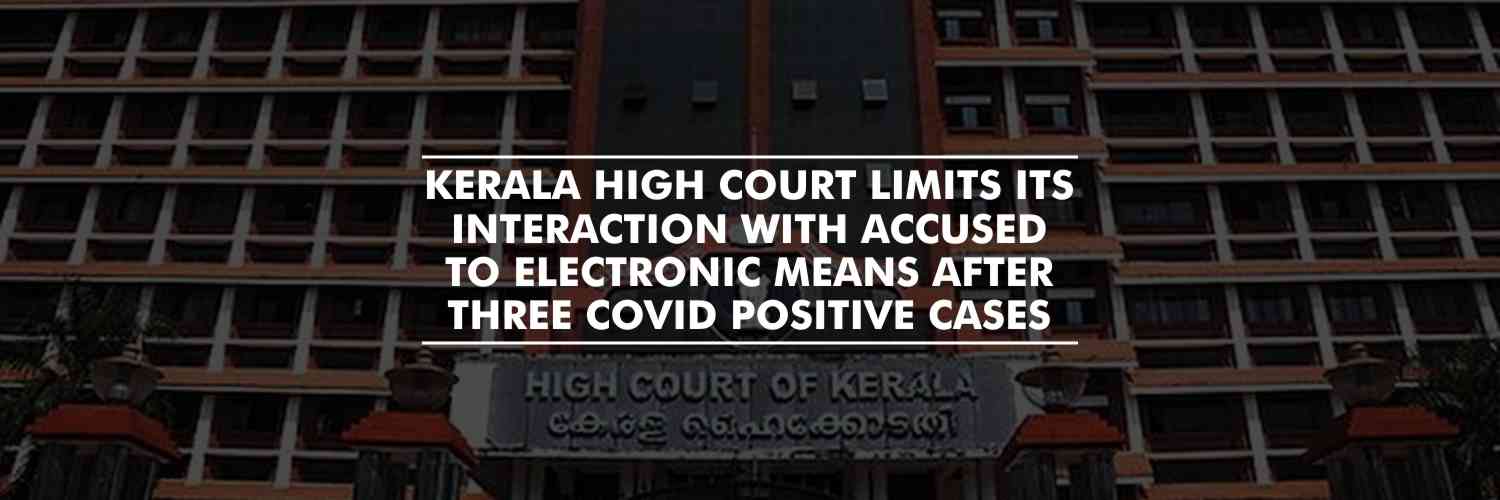On Monday, the Delhi High Court has sought responses from the Bar Council of Delhi and the Bar Council of India, in a plea by advocate Prashant Bhushan, who challenged a rule that prevents lawyers from appearing in a pro-bono public interest case on behalf of an organization in which they are an office-bearer or an executive committee member.
A division bench comprising of Chief Justice DN Patel and Justice Jasmeet Singh heard a petition filed by Bhushan who sought to quash a specific complaint filed against him by one Major SK Punia (Retired) before the Bar Council of Delhi for the alleged violation of the impugned Rule 8 of the Standards of Professional Conduct and Etiquette. Subsequently, the court issued notice to the complainant SK Punia along with the two Bar Councils.
As per the complaint, Bhushan appeared on behalf of organizations such as the Centre for Public Interest Litigation, Common Cause, and Swaraj Abhiyan despite being a member of the Executive Committees of these organizations.
However, in his defense, advocate Bhushan has stated before the Bar Council of Delhi that Rule 8 has no application in a case wherein an Advocate, who is on the Executive Committee of a non-profit organization, appears in a public interest case without any fees and therefore all consequential proceedings arising from the complaint by the Major must be quashed.
Rule 8 of the Standards of Professional Conduct and Etiquette framed by the Bar Council of India under Section 49(1)(c) of the Advocates Act 1961, states thus:
“8. An Advocate shall not appear in or before any Court or Tribunal or any other authority for or against an organization or an institution, society or corporation if he is a member of the Executive Committee of such organization or institution or society or corporation. “Executive Committee,” by whatever name it may be called, shall include any Committee or body of persons which, for the time being, is vested with the general management of the affairs of the organization or institution, society, or corporation.
Provided that this Rule shall not apply to such a member appearing as ‘amicus curiae’ or without a fee in a matter affecting the affairs or a Bar Council, Incorporated Law Society or a Bar Association.”
In his petition, Bhushan has contended that an interpretation of Rule 8 that bars an advocate from representing an organization of which he is a member of the executive body in public interest cases, without any fees, would be arbitrary and unconstitutional.
“There is absolutely no rationale or justification for a rule which bars an organization from engaging one of its own members to represent it in a case which it takes up in public interest,” Bhushan submitted.
Such an interpretation is also discriminatory since the proviso exempts lawyers appearing as Amicus Curiae or those appearing without fee for the Bar Council or for any other Bar Associations, etc, it is said.
